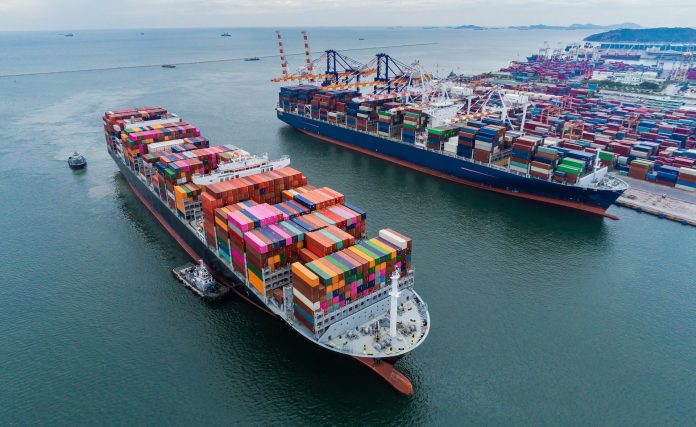The shipping industry is a key element of the global economy, playing a critical role in facilitating international trade and supporting economic growth. As the main form of transport for goods across the world, the shipping industry enables the movement of vast quantities of raw materials, finished products and essential commodities, making it indispensable to global commerce. The importance of those working in maritime jobs across the globe can be broken down into the following key areas
Supporting International Trade
The shipping industry is the bedrock of international trade, handling around 80% of global trade by volume. It provides an efficient and cost-effective means of transporting goods over long distances, linking producers with consumers across continents. This connectivity enables countries to specialise in the production of goods where they have a comparative advantage, leading to increased efficiency and lower costs for consumers.
Economic Growth
By supporting trade, the shipping sector contributes heavily to economic growth and development. It enables the expansion of markets, permitting businesses to access new customers and suppliers. This growth drives investment, innovation and job creation, contributing to higher standards of living and economic prosperity. In many developing countries, ports and shipping activities are vital sources of employment and revenue.
Global Supply Chains
The shipping industry is central to the functioning of global supply chains, ensuring the timely delivery of raw materials and manufacturing parts. It supports just-in-time production systems, which depend on the efficient movement of goods to minimise inventory costs and respond speedily to market demands. Delays in shipping can have knock-on effects across industries, illustrating its crucial role in maintaining supply chain stability.
Energy and Resource Transportation
Shipping is critical for the transportation of energy resources, such as oil, natural gas and coal, which are all essential for powering economies. It also facilitates the movement of other vital resources, including minerals and agricultural products, supporting industries and food security globally. The ability to transport these resources efficiently is key to meeting global energy demands and sustaining economic activities.
Technological Innovation
The shipping sector drives technological advancements and innovation, especially in areas such as logistics, ship design and environmental sustainability. Innovations in shipping technology, such as automated systems and cleaner fuels, contribute to increased efficiency and reduced environmental impact. These advancements have wider implications for other industries, promoting technological progress and sustainability.
Geopolitical Importance
Shipping lanes and ports are of strategic importance to countries, affecting geopolitical dynamics and international relations. Control over key maritime routes can impact global trade flows and economic power. As such, the shipping industry plays a role in influencing geopolitical strategies and alliances.
The shipping industry is vital to the global economy, underpinning international trade, economic growth and supply chain efficiency. Its ability to connect markets, transport essential resources and drive technological innovation makes it indispensable to modern economies. As globalisation continues, the shipping industry will remain a crucial part of economic infrastructure, supporting the prosperity of nations worldwide. Efforts to enhance the sustainability and resilience of the shipping sector will further strengthen its role in the global economy.



 Bitcoin
Bitcoin  Ethereum
Ethereum  Tether
Tether  XRP
XRP  USDC
USDC  TRON
TRON  Lido Staked Ether
Lido Staked Ether  Cardano
Cardano  Avalanche
Avalanche  Toncoin
Toncoin  Solana
Solana